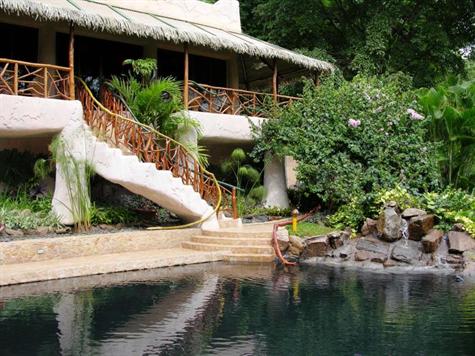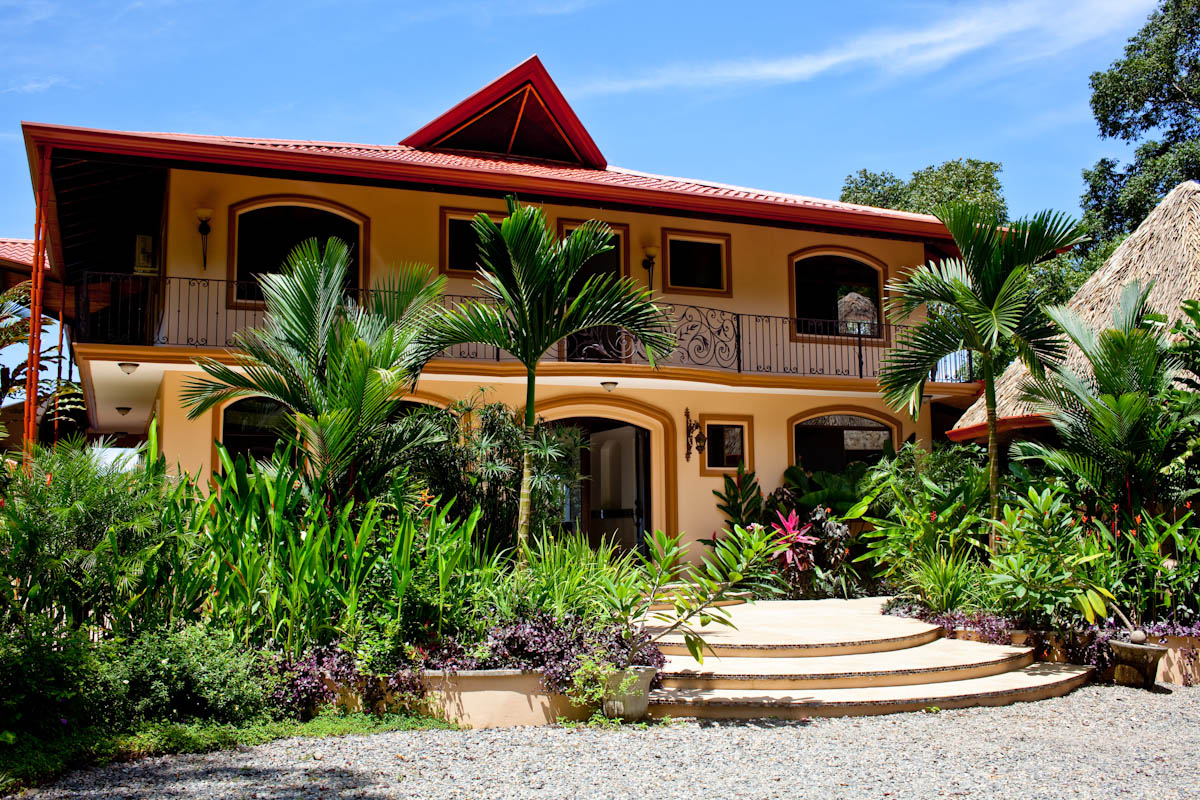Costa Rica Real Estate – The robust economy and political stability of Costa Rica compared to other neighboring Latin American countries surrounding it has earned the attention of investors who want to get a juicy return on their investments.
 Let us talk about the major reasons why investors deem Costa Rica as a safe bet.
Let us talk about the major reasons why investors deem Costa Rica as a safe bet.
According to David Otanez from Recap Investments, investors can see long-term potential in Costa Rica especially when the ridiculously insane property prices and intensified flipping activity in Costa Rica finally slowed down and market values became more realistic and reasonable. The construction of the new airport terminal which has given way to easier access to the country and new residential development projects added to the allure. Also, due to Canadian and American tourists swarming the country, the gross rental profit remains strong with statistics averaging 6 to 7.8 per cent. This shows that the rental market is thriving and investors can gain $125 to $150 per night on any short-term leasing basis making the long-term yield look so enticing and encouraging.
Purchasing Land and Pricing
As is anywhere in the world, property prices in Costa Rica vary depending on how much available land there is in an area and regulations for acquiring the land, geographical location, infrastructures and amenities available. Currently you can purchase from $65,000 up to $400,000 with the least expensive found in up and coming areas like the south where improvements and developments are being done.
Get Your Free Copy of “Secrets of Buying Real Estate in Costa Rica”
Currently there are two hotspots in Costa Rica that are considered prime investment locations; the northern pacific coast and the southern corridor. The northern pacific coast is popular due to its accessibility thru the Daniel Oduber International Airport in Liberia and its nearness to Guanacaste Gold coast. The southern corridor on the other hand is great to invest upon because of the advances in infrastructure including a new airport, highway and other government-approved projects that would surely increase property values and benefit the region. The areas experiencing a roaring commercial activity are Central Valley and San Jose’s Greater Metropolitan Area or GAM.
Once you have decided on which land to purchase, as a foreign investor it is advisable that you set up a private business and purchase under the corporation’s name since it comes with more commercial freedom and protection. Furthermore, there is no need for you to obtain citizenship or legal residency when purchasing land or property under the corporation’s name.
It is relatively easy to buy and own land in Costa Rica since locals and foreigners alike have the same right when it comes to property ownership. However, it is imperative that you hire a lawyer to take care of necessary paperwork like independent title search and doing an investigation to make certain that the title details are accurate including ownership, property boundaries, location, mortgages and liens as it would protect you from scams or possible financial loss.
Otanez warns: “As with all countries, there are a few good and bad projects, so due diligence is essential, especially when you are looking at the title of the land lot… Look at regions that enjoy positive tourism figures, are near major access routes and (ensure) that the developer is legitimate.”
Few more things for you to take note of; once an agreement has been reached, a 10 per cent deposit is required and should be placed in a government-registered escrow account and held in it for 30 to 60 days for the final closing to ensure that the agreement is held and the buyer protected.
Tenancy Laws
Costa Rican laws surrounding leased properties are very much pro-tenant. Lease agreements, including fees and length of stay of tenants, can be freely negotiated between the tenant and landlord. By default, the minimum lease term is three years but if the tenant wants to cancel the agreement he/she can do so by serving a three month notice period. Moreover, if there is an agreement that the rent is to be paid in foreign currency, the owner or landlord is not allowed to increase the fee. However, an increase can be made if the fee is paid in the Costa Rican currency.
Get Your Free Copy of “Secrets of Buying Real Estate in Costa Rica”
Property Ownership Types
Is the Property Really for Sale?
What is the Maritime Zone?
Myths About Squatters
Construction, Architects & Engineers
Purchasing Under a Corporation
Financing
And so much more……..

